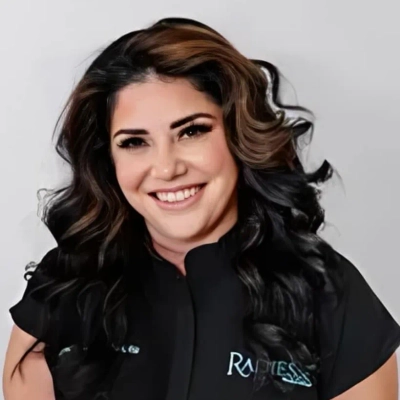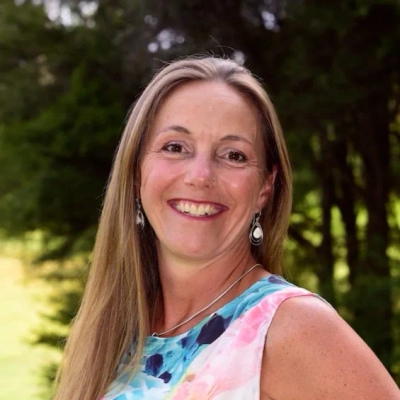6 Lessons Learned From Early Mistakes in Wellness Practice
Starting a wellness practice comes with inevitable missteps that can shape the trajectory of a professional's career. This article shares hard-won lessons from practitioners who transformed early mistakes into foundational principles for effective client care. Drawing on insights from experienced professionals in the field, these six lessons offer practical guidance for building a sustainable and impactful practice.
Ask Questions Instead of Fixing People
The biggest mistake I made was believing my job was to fix people. I came out of training with a "fixer" mindset. I'd listen for 15 minutes, identify the "problem," and then spend the rest of the session offering solutions, psychoeducation, and a clear-cut plan.
This approach was well-intentioned, but it was incredibly disempowering for the patient. It made them a passive recipient of my "expertise" rather than the active author of their own recovery. When they didn't follow the plan, I felt frustrated, and they felt like a failure.
My advice for someone just starting out is this: Your job is not to have the answers; it's to ask the right questions. Resist the urge to formulate a solution in the first 10 minutes. Sit in the silence. The single most powerful question you can ask is, "What do you think needs to happen?" Trust that your client holds the key. Your job is to help them find the right door, not to break it down for them.

Find Your Niche and Set Boundaries
One mistake I made early in my wellness practice was trying to help everyone with every issue and saying yes to all clients and spreading myself too thin. I believed that being available to everyone would be helpful, but it actually had a hard time focusing, it made me feel burnout, and may have led to less effective care. Real care means practicing within your scope of expertise, being clear about strengths, setting up referrals when needed, and having boundaries. My advice for anyone just starting out would be to find your niche and pace yourself. Focus on building expertise with self-care practices because your well-being will influence your clients' healing.
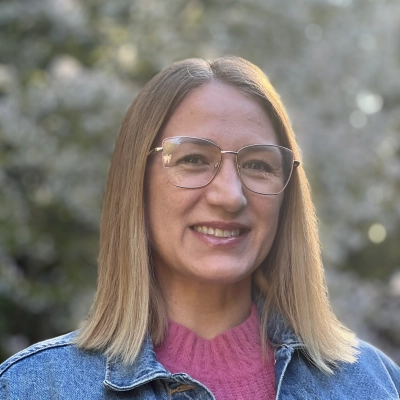
Build Emotional Safety Before Teaching Skills
One challenging case that transformed my approach to marriage counseling involved a couple that was locked in constant conflict. The couple didn't really disagree on major life issues, but they felt unheard and invalidated during their interactions. Early in my career, I focused heavily on teaching communication skills and problem-solving, but progress was limited until I realized the deeper issue was a lack of emotional safety. Once we shifted to building empathy and trying to help each partner actively listen to understand rather than to defend, the relationship changed for the better. The key insight that I gained from this experience was that connection must precede communication. Now, I first focus on building trust, emotional safety, and security, because without these foundations even the best conflict resolution tools fall flat. This experience taught me that successful therapy is about rebuilding the sense of being seen, heard, and valued.
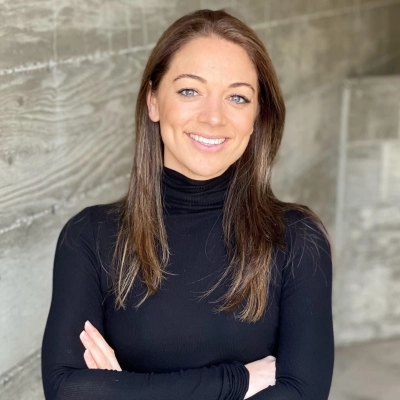
Create Simple Systems Early in Practice
One mistake I made early on was assuming I could just 'hold everything in my head'. When you're starting out on your own, it feels manageable to remember the admin steps, the follow-ups, the cancellations, the invoicing... all the moving parts. It works for a little while, but it slowly becomes draining. You end up spending more time chasing small tasks than actually doing the work you care about.
What I learned is that creating simple processes early makes everything more manageable, even when you're a team of one. Clear steps for admin, onboarding, communication, or even how you structure your week take a lot of pressure off your mind. It makes your practice feel calmer, more predictable, and less like you're constantly reacting.
The bonus is that as you grow, those early processes become the foundation for bringing other people in. You don't have to scramble to explain how things work or reinvent systems when you're already stretched. You've already created a structure that supports you, and it naturally supports a growing practice too.
My advice is to put small systems in place sooner than feels necessary. They don't need to be perfect or complicated. They just need to exist. You'll thank yourself later.
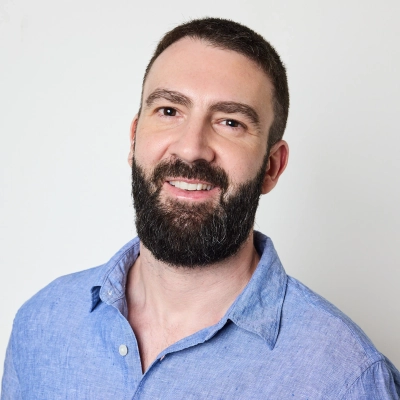
Make One Sustainable Change at a Time
I spent years trying to fix everything at once - overhauling my entire diet, exercise routine, and lifestyle overnight - which inevitably led to burnout and giving up. What actually transformed my health from that exhausted, psoriasis-covered 25-year-old to where I am now was learning to make one small, sustainable change at a time, like swapping my morning coffee ritual for lemon water before gradually building on that foundation. My advice is to pick just one habit that genuinely excites you, master it until it feels effortless, then layer in the next - sustainable wellness is built brick by brick, not by demolishing and rebuilding your entire life in a weekend.
Pursue Continuous Education and Experienced Mentors
When I was only a beginner in the wellness field, I presumed that having the correct technical skills was sufficient for a successful result. I absorbed all my attention in making each operation perfect not realizing that proper education and guidance were still very important. Later, I realized that simply mastering the skill to do the treatment was not the main thing, rather it was understanding the science and the reason behind every single choice. It was really awesome when I began to dedicate my time to getting proper training and selecting the experienced mentors around me. My self-assurance was elevated and, thus, the caliber of my work was also.
Actually, I am of the strong opinion that it is very important to lay down a firm foundation at a very early stage from which point I can say that education is a continuous process in this sphere. The wellness and aesthetics industry is very challenging and only those who are still inquisitive and willing to get more knowledge will be able to make it. Skill gained through education is one thing and trust is another—together, they are the keys to a long-term and successful practice.
